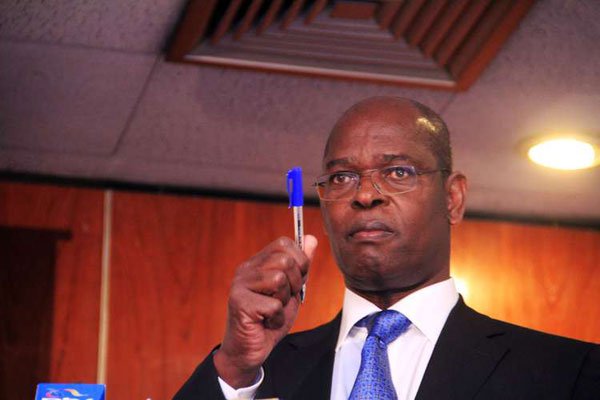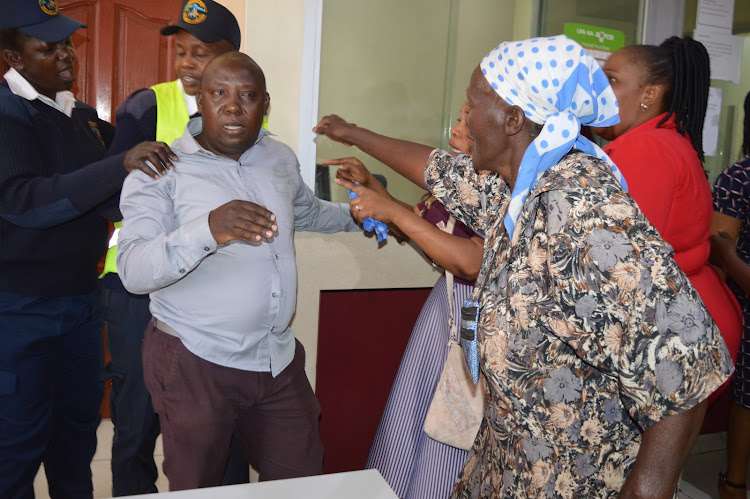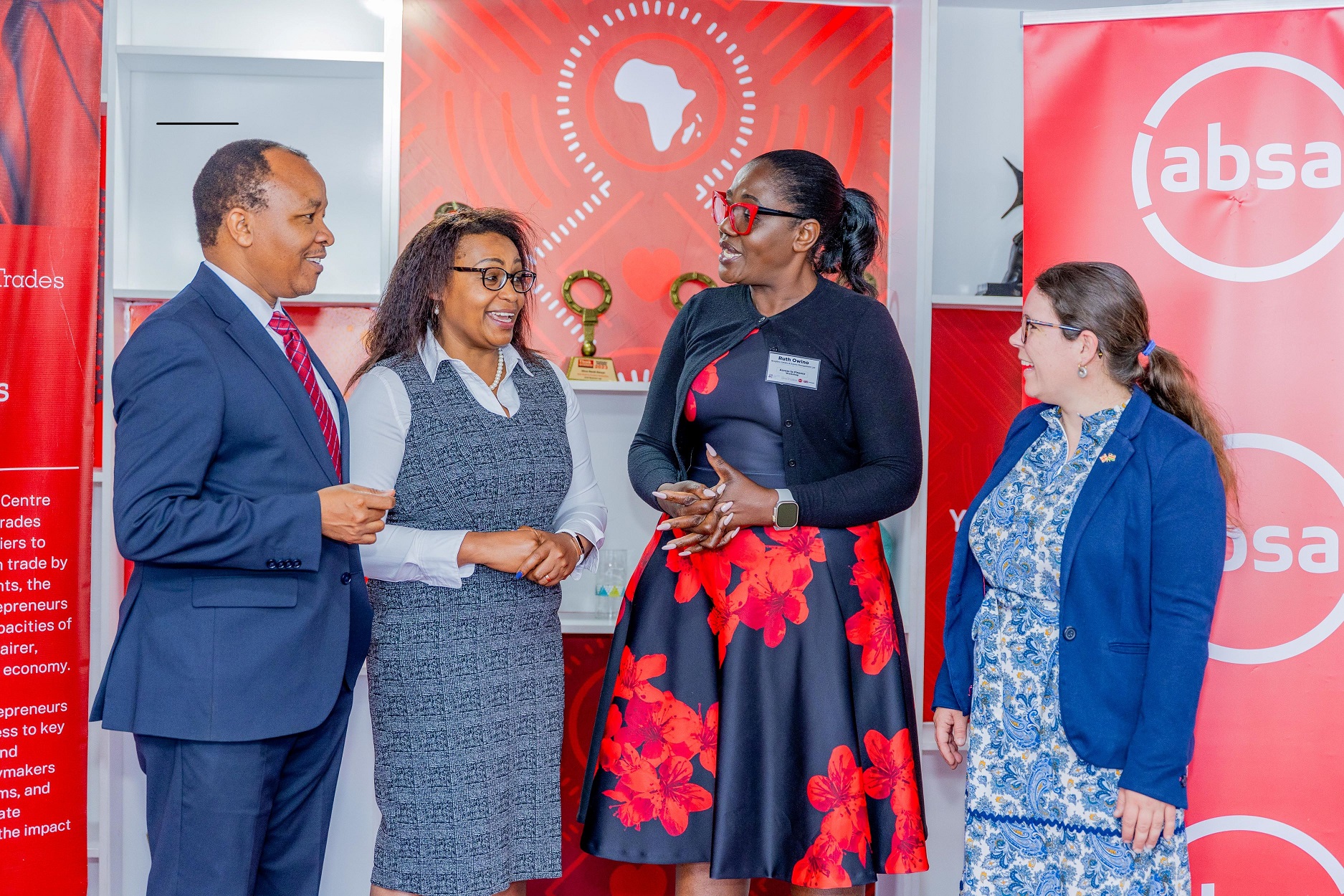Born in December 1955, Philip Kinisu’s journey began in Malaha village, in what is now Webuye West Sub-County, where life was simple, centred on community, farming, and a deep attachment to the land. His story is not only about success, but also about the struggles, surprises, and hard work that carried him to the summit of life and the accounting profession
Philip Kinisu’s autobiography, ‘The Interrupted Accountant’, which will be launched at the Serena Hotel on Friday, tells the story of a boy from a small village in Bungoma who rose to the top of the global accounting world.
Born in December 1955, the author’s journey starts in Malaha village, in present Webuye West Sub-County, where life was simple; focused on the community, farming and attachment to the land. His story is not just about success, but also about the struggles, surprises, and hard work that got him at the mountaintop of life and the accounting profession.
From early on, he understood that no one would save him from the challenges of poverty, and that only hard work and focus would secure his future. At Malaha Primary School, he excelled in academics and topped his class in the 1968 national examinations. The next year, he joined Naitiri Secondary School, where at first he fell into negative peer influence but quickly corrected course, eventually emerging as the best student in his O-Levels.
This ability to self-correct and maintain focus reveals a rare discipline and demonstrated ability to prioritize long-term goals over temporary distractions. Despite earning marks to attend Alliance High School, he was placed at Bungoma High, where again he emerged the best A-Level student and gained admission to the University of Nairobi, Faculty of Commerce.
In 1975, while awaiting to join campus, he landed his first job as an accounts intern at Mumias Sugar Company. Impressed by his performance, the company offered him a job and even a chance to train in professional accountancy in England. He declined the offers, opting to proceed to university, where he maintained the top position in his class for four years.
Upon graduation, in 1979, he earned a prestigious scholarship and internship by Deloitte, which took him to Liverpool, England, for professional studies. There, he experienced life the hard way but never abandoned his goals. Working without shortcuts, he built both technical expertise and resilience. Excelling in exams and performance reviews, he attracted global job offers, but chose to come back to Kenya.
The book does not gloss over the difficulties that we all face in studies or at work. One of the most interesting parts is his time in the UK, where he faced culture shock and racism in the 1970s. But he didn’t let such discrimination stop him. Instead, he worked even harder, passing the tough ICAEW exams which only five percent of foreign students passed at the time.
His decision to return to Kenya and join PricewatershouseCoopers marked the beginning of his enduring contribution to organizational growth. The rise of his professional career at PwC, is a testament to his persistence and talent that earned him recognition from his supervisors.
From his entry level job of Audit Senior, promotions followed over the years. He rose to Manager’s position in just one year, then to Senior Manager in another two. Thereafter, he served as Regional Senior Partner. His leadership extended beyond Kenya into other African regions, where he strengthened PwC’s presence and demonstrated a strong commitment to the firm.
The book is an easy to read, even with all the professional details. His story proves that no matter where you start, even in a small village, you can achieve big things with hard work and belief in yourself.
Even during his chairmanship of EACC, which is examined under a chapter aptly titled ‘Corruption, and you and me,’ he remained resilient in the face of threats and assassination attempts. For anyone studying Kenya’s politics, this chapter is a must-read. It proves that fighting corruption, like engaging in corruption itself, is about morality.
Kinisu challenges Kenyans to be more engaged in the fight against corruption that has frustrated their development goals. He writes that they cannot expect public institutions like EACC to fight corruption while they keep electing leaders who are tainted with the vice.
Published by Free Press Publishers, the book retails at Sh2,500 for paperback and is available at major bookshops in Nairobi. Readers outside Kenya can buy it from Amazon.





